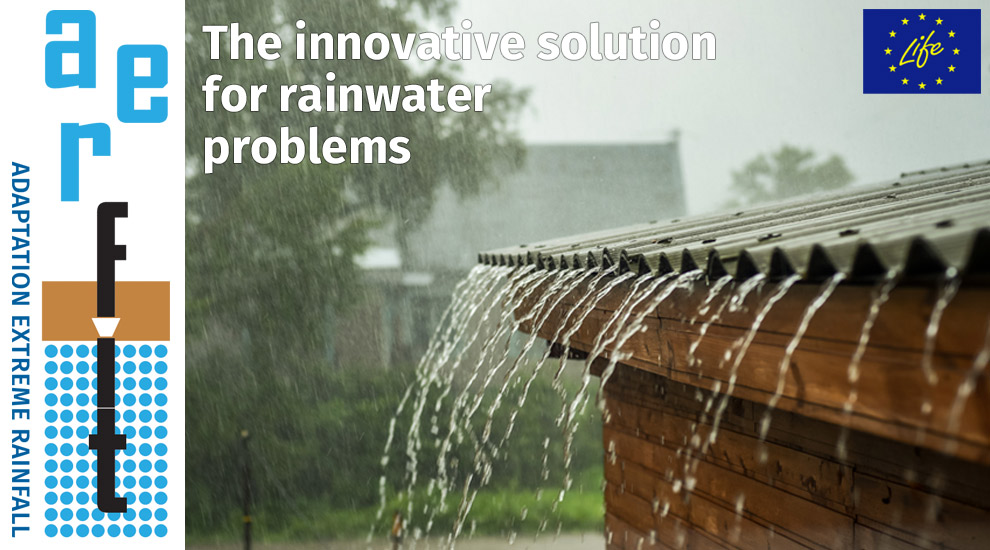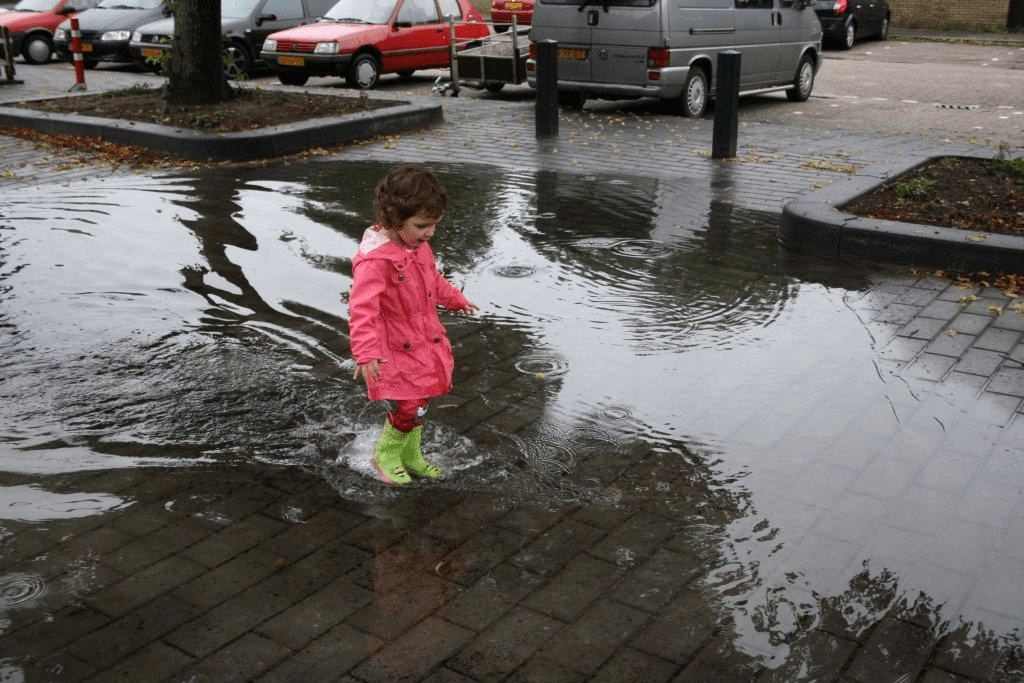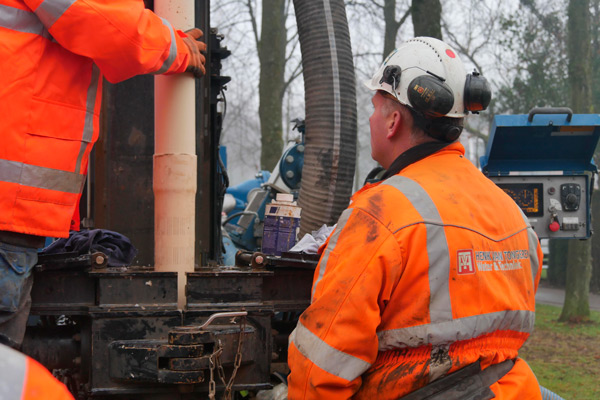The Municipality of Apeldoorn has climate issues high on the agenda and wants to be climate-proof in 2050. The municipality has, for instance, been disconnecting rainwater from the sewerage system since 2006. It does that in various ways. One such example is drilling wells. For this, it uses the FHVI technique.
Impact on residents
Wells will be constructed between 2019 and 2022 at various locations in the municipality. The inconvenience for citizens will be limited as much as possible, for example, by combining well construction with other jobs as much as possible. Residents will be informed as soon as a well will be drilled in their neighbourhood.
Apeldoorn pilot project
Drilling wells by making use of the FHVI technique is a pilot project funded by the EU. Once they have been constructed, the wells will be monitored for a further two years so that government bodies and professionals in the Netherlands and the EU can prevent damage due to flooding in urban areas in the EU. These insights are therefore important for the municipality of Apeldoorn too.
Insights from previous pilots
Pilots have already been carried out in, among other places, the Dutch municipality of Putten. This pilot was completed on 28 February 2019. One important conclusion was that it is important to purify the rainwater before it enters a well because otherwise, the infiltration wells quickly become blocked by the organic matter transported by the rainwater. This knowledge, together with the results from a pilot in the Dutch village of Ugchelen, will be included in the AERFIT project in Apeldoorn.



